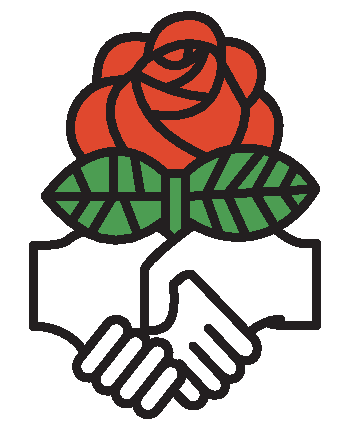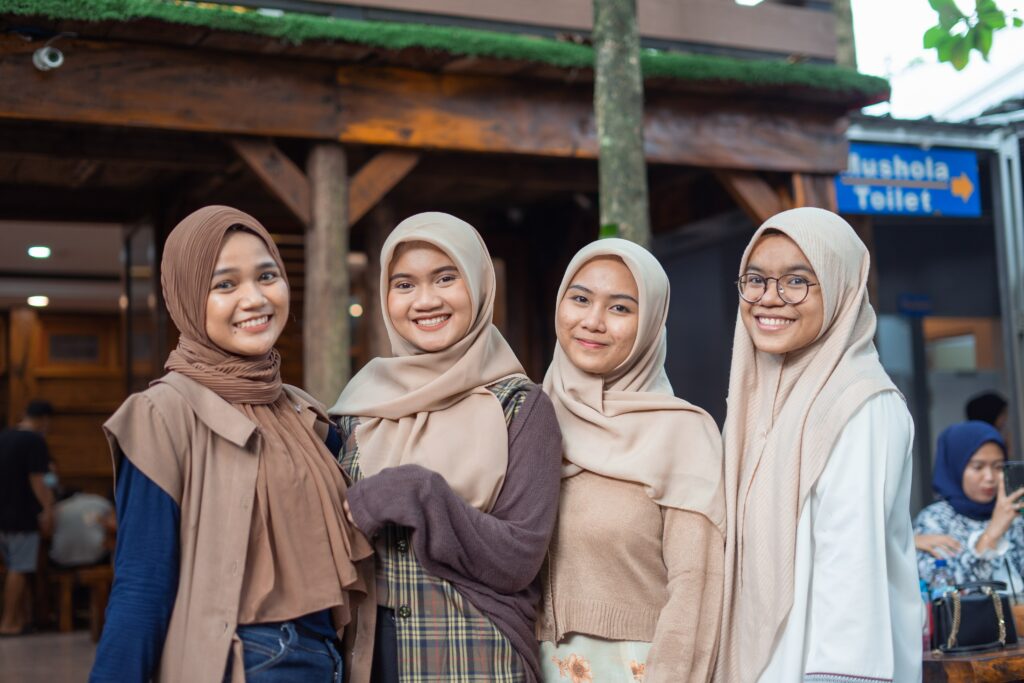SIW Centenary
Stuttgart, Germany, 8 September 2007
Declaration
Today, 8 September 2007, the Socialist International Women (SIW) gather here in Stuttgart to celebrate its Centenary and to reconfirm the commitment of its founding mothers to fight for and achieve equal rights for women and men.
SIW has always been a pioneering organisation in the field of gender equality. At a time when women were not allowed to take part in political activities, a group of 58 delegates including Clara Zetkin came together on 17 August 1907 at the first International Socialist Women’s Conference in Stuttgart, Germany, and founded what today is known as the Socialist International Women. One hundred years later, Socialist International Women is still at the forefront of gender equality and with 146 member organisations it is not only the largest, but also the oldest women’s political organisation worldwide.
From the very beginning, SIW’s main concern has been the participation of women in politics and throughout the years SIW and in general, the Socialist family, has had many successes to be proud of.
At their first conference, the founders of SIW adopted a resolution demanding women’s suffrage. Nowadays, in most countries, women have the right to vote. The first female member of a cabinet in 1924 was Nina Bang, a Danish social democrat. The very few gender-balanced governments have been led by socialist and social democratic parties. And among the small number of women heads of states and prime ministers, most are socialist: Golda Meir, Gro Harlem Brundtland, Benazir Bhutto, Mary Robinson and at this present time, Helen Clark, Tarja Halonen, Lu’sa Dias Diogo, Portia Simpson, Michelle Bachelet, and Micheline Calmy-Rey. All these women are role models who encourage other women to speak out and compete for leadership positions.
SIW has also led the path in advocating for the use and implementation of a quota system in all socialist and social democratic parties. The quota system has proven to be the most effective and efficient tool to redress the imbalance between women and men in politics.
SIW has also worked long and hard in persuading governments to ratify the Convention on the Elimination of all Forms of Discrimination Against Women (CEDAW), and the Optional Protocol to the Convention, as these are vital instruments in the protection of women’s human rights.
A milestone in the advancement of women was the fourth UN World Conference on Women held in Beijing in 1995. Thanks to this conference the world has recognised that gender equality is critical for the peace and development of every nation, and as a result, a number of governments have put gender equality on the political agenda.
On the whole, much progress has been made since SIW began, but nevertheless gender equality is still not a reality in many areas. One example is within the family, another example is within the workplace, but most crucial for SIW, in decision-making. According to the Inter-Parliamentary Union (IPU) women’s representation in national parliaments is only a mere 17.3%, and in cabinet positions the percentage of women ministers is even lower.
For this reason, the SIW Centenary is not only a day of celebration, but also a day to draw inspiration from past struggles and achievements in order to face the challenges that lie ahead: eradication of poverty and hunger, as well as violence against women, as this is the most extreme form of inequality, are among the many challenges affecting women the most. Further challenges include access to clean water, healthcare and safe abortion, which are basic human rights; as well as access to education, which is the key to the empowerment of women. Therefore SIW stresses the importance of adopting laws to be implemented through public policies starting with the United Nations’ Millennium Development Goals.
With globalisation and the rapid advances in technology new challenges have emerged that need to be addressed urgently: the migration of people; the effects of climate change, the threats of fundamentalism and terrorism; the fight against pandemics such as HIV/AIDS and malaria; and the trafficking of human beings, in particular women and children.
Other areas that need attention are: conflict prevention and resolution, as mainly women and children are victims of wars and conflict; and peace-building, as a lasting peace can only be established with the participation of women.
One hundred years ago, a group of 58 delegates had a vision of a world in which women and men could be equal. They were courageous women – passionate about their beliefs and they are an inspiration to us all. It is our duty, and we owe it to them, to finish the work that they began and to confront the new challenges ahead by working for peace and development. For this reason, SIW member organisations present here in Stuttgart today, reconfirm their strong commitment to fight for and achieve equal rights for women and men.

